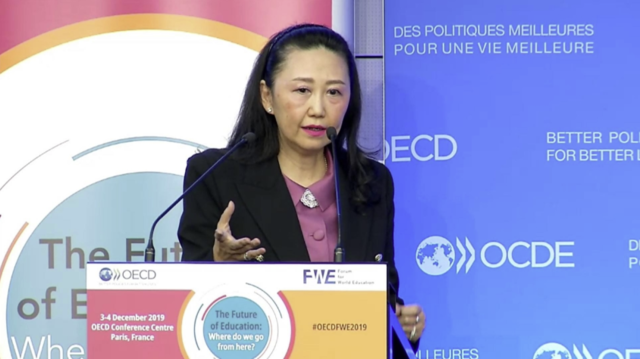OECD Economic Survey of Hungary 2024
This is an old post. Information may be outdated.

The OECD’s March 2024 report on Hungary provides a comprehensive overview of the state of the Hungarian economy and society, highlighting key challenges and making recommendations for promoting sustainable development.
Economic Growth and Inflation:
The report projects GDP growth of 2.4% in 2024 and 2.8% in 2025 for Hungary.
Inflation was 17.1% in 2023, but is expected to decline to 3.9% in 2024 and 3.4% in 2025.
Economic growth will be driven by increased investment and consumption.
Labor Market:
The unemployment rate was 3.6% in 2023, which is among the lowest in the OECD.
Employment is high, but labor shortages remain a challenge.
Wage growth is expected to exceed inflation.
Education:
Hungarian students’ performance in PISA surveys is close to the OECD average.
However, performance is largely determined by social background.
The early school leaving rate remains high.
Healthcare:
Hungarian healthcare indicators lag behind the OECD average.
Life expectancy is lower and infant mortality is higher than the OECD average.
The rate of chronic diseases is high.
Pension System:
The long-term sustainability of the Hungarian pension system is a cause for concern.
Pensions are low and the retirement age is rising.
Pension reform is essential to ensure sustainability.
Inequality:
Income inequality in Hungary is among the highest in the OECD.
The levels of poverty and social exclusion are also high.
The government needs to take steps to reduce inequality.
Environmental Protection:
Hungary is committed to combating climate change.
The share of renewable energy sources is increasing, but still lags behind the OECD average.
Dependence on fossil fuels remains a challenge.
Recommendations:
To sustain economic growth, the government needs to stimulate investment and further develop the labor market.
To improve the education system, the government needs to reduce inequalities arising from social background and introduce early childhood development programs.
To improve healthcare, the government needs to increase funding and improve the effectiveness of preventive programs.
To ensure the sustainability of the pension system, the government needs to gradually raise the retirement age and encourage private pension funds.
To reduce inequality, the government needs to introduce a more progressive tax system and expand social programs. To improve environmental protection, the government needs to further increase the share of renewable energy sources and reduce dependence on fossil fuels.
This summary is based on the OECD’s 2024 Economic Survey of Hungary and does not include all of the report’s findings and recommendations. The full report can be found at [https://www.oecd.org/wise/Hows-Life-2024-country-profile-Hungary.pdf](https://www.oecd.org/wise/Hows-Life-2024-country-profile-Hungary.pdf).